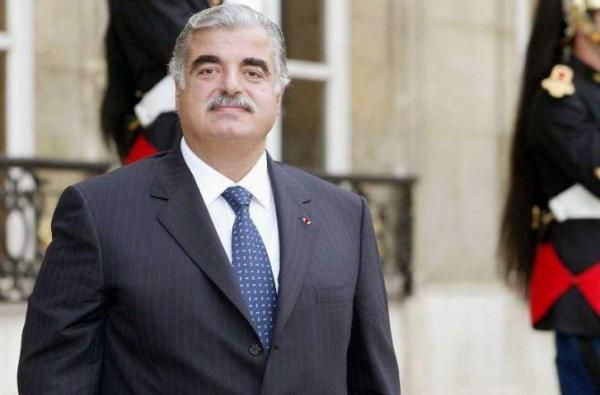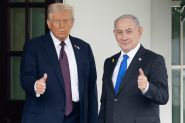
The Future Movement (FM) is a Lebanese political party founded in the 1990s by Rafic Hariri, a prominent businessman and former Prime Minister of Lebanon. After Hariri’s assassination in 2005, his son, Saad Hariri, assumed leadership of the party, maintaining its role as a key political force representing Lebanon’s Sunni Muslim community. The movement has been a significant player in the Lebanese political landscape, especially after the 2005 Cedar Revolution, which resulted in the withdrawal of Syrian forces from Lebanon after nearly three decades of occupation.
Political Principles and Alliances
The FM has been steadfast in advocating for Lebanon’s sovereignty and independence, and the establishment of a strong, functioning state. It has consistently opposed the influence of both Syria and Iran in Lebanon’s internal affairs, aligning itself with policies that promote Lebanese self-determination. The FM has championed economic liberalization and a development model driven by the private sector, advocating for policies that would support Lebanon’s integration into the global economy.
The FM was a founding member of the March 14 Alliance, a coalition of anti-Syrian political factions formed in response to Rafic Hariri’s assassination and the subsequent outcry against Syrian occupation. The alliance, which included various political and civil society groups, championed Lebanon’s independence and sought to diminish Syrian influence over the country. Throughout its history, the FM has maintained close ties with Western powers and Gulf states, particularly Saudi Arabia, which has been a strong supporter of the party and the Hariri family. The FM has also been a vocal opponent of Hezbollah and the March 8 Alliance, viewing these groups as major obstacles to Lebanon’s sovereignty, stability and security.
Decline and Political Withdrawal
In recent years, the FM has faced significant challenges, including internal divisions, diminished political influence and financial difficulties. These problems were further exacerbated by Lebanon’s ongoing economic collapse and shifting regional power dynamics. The country’s political system has become increasingly polarized, and the FM’s traditional Sunni Muslim constituency has become fragmented in the face of growing disillusionment with Lebanon’s leadership.
In January 2022, Saad Hariri made a historic announcement, stating that he was withdrawing from politics and suspending all FM activities. This decision came amid Lebanon’s worsening political, economic and social crises, as well as external pressures from regional actors. Hariri’s decision was seen as a response to the increasing challenges facing Lebanon, including the collapse of the Lebanese pound, widespread corruption and the collapse of basic public services. Following Hariri’s announcement, many FM members either ran as independents or aligned themselves with other political factions in the 2022 parliamentary elections, further contributing to the party’s decline in political influence.
Current Status and Future Prospects
Although the FM remains largely inactive, it continues to have some influence through its former officials and political allies. Key figures who were once part of the party, including former ministers and parliamentarians, still play an active role in Lebanon’s political scene, though their political weight has diminished. Despite the challenges, the FM’s legacy as a proponent of Lebanon’s sovereignty and independence continues to resonate with certain segments of the population. However, the future of the movement remains uncertain as Lebanon’s political landscape evolves, and the FM must contend with the realities of a changing political environment, economic turmoil and regional geopolitics.
The FM’s trajectory reflects the complexities of Lebanese politics, where shifting alliances, regional pressures and internal divisions have impacted its ability to maintain its once-dominant position. Its future will depend on how it adapts to the ongoing political crises and whether it can reassert its relevance in a highly fractured political system.



Comments